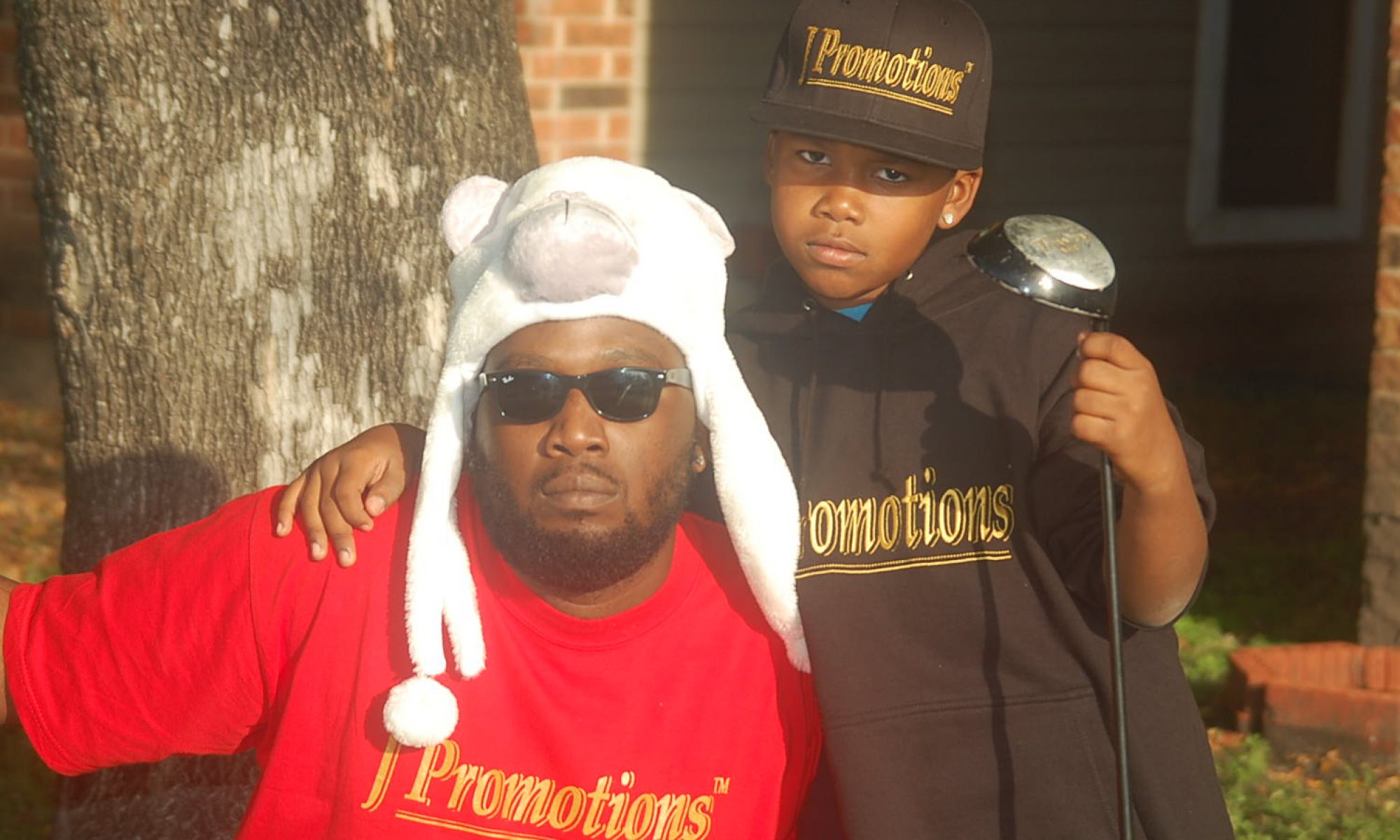A Clemson University Ph.D. candidate decided to forgo a traditional dissertation for a more creative platform: a 34-track rap album.
A.D. Carson wanted to use hip-hop and spoken word to explore the areas of identity, justice economics, citizenship and language for his rhetorics, communication and information design program. So he wrote and produced “Owning My Masters: The Rhetorics of Rhymes and Revolutions” He’s the first Clemson student to opt out of the traditional, written form.
In an article for the campus outlet, Carson said the project isn’t meant as a gimmick, but his way of discussing the role race and identity plays in society today.
“The central thesis of my dissertation is: Are certain voices treated differently?” Carson said. “I’m trying to examine how an authentically identifiable black voice might be used or accepted as authentic, or ignored, or could answer academic questions and be considered rightly academic. So I have to present a voice rather than writing about a voice.”
In his lyrics, Carson explores the different ways racism manifests itself on campus and beyond. He also pays homage to black figures like Martin Luther King, Jr. and Nelson Mandela as well as victims of police brutality.
He also features snippets of Malcolm X speeches and samples from artists like Aretha Franklin. He considers these like the sources one would usually quote in written dissertation, he told the campus outlet.
Carson recorded the album in his studio in his apartment, with production help from two childhood friends, Blake E. Wallace and Marcus Fitzgerald. The doctoral candidate began uploading his music videos and songs to YouTube and Soundcloud in 2013 when he stated the program. Since then, his music has been played thousands of times.
Carson, who also founded the See The Stripes campaign to bring attention to black students issues on campus, said that he paid attention to every detail on the album. Like his trap song “Familiar,” which follows the format of one of Langston Hughes’ poems.
“The form of the song is imitating Langston Hughes’ ‘Dream Variations,’ a poem that has two stanzas that are very close to one another, and the content is informed by James Baldwin’s idea that Americans are trapped in history and history is trapped in us,” he said. “So think about using this rap form called trap that originates in the South in a song where you don’t know if the verses are the present or the past. It’s subtle but it works on a lot of different levels.”
In a YouTube video, Carson, who’s already helped expand a few professors’ view of hip-hop, said he wants to show that the genre can be a vehicle for larger discussions.
“All of these different elements of hip-hop have existed over here for so long as ways that we can look at other things,” he said. “I want to add something to the conversation from being a participant in the hip-hop world as well as a participant in the in the academic world in this particular mold.”
Carson will defend his dissertation on Friday. Listen to “Owning My Masters: The Rhetorics of Rhymes and Revolutions” here.
— This feed and its contents are the property of The Huffington Post, and use is subject to our terms. It may be used for personal consumption, but may not be distributed on a website.
Source: HuffPost Black Voices
